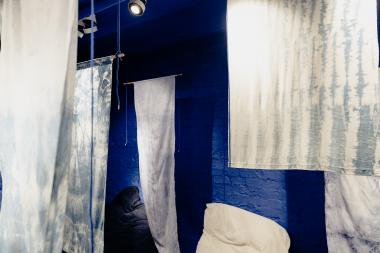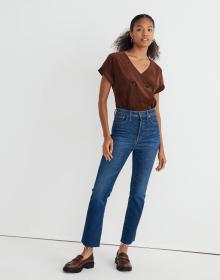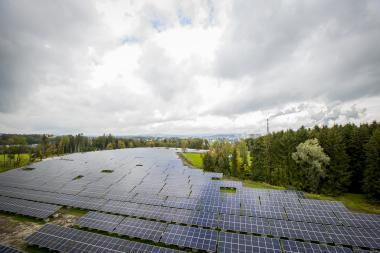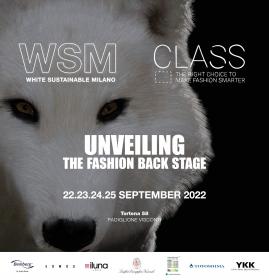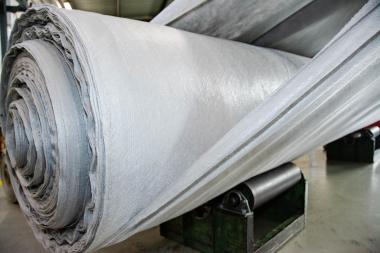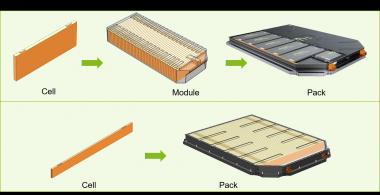Dyeing for good: Officina39 part of design events in Amsterdam
The Italian company offers its dyeing technology for practical and theoretical design explorations at the Fashion For Good Museum in Amsterdam.
On Saturday October 22nd in Amsterdam, Andrea Venier, Officina39 Managing Director, took part in the Denim & Dyeing seminar to talk about Recycrom™, the patented revolutionary and sustainable dyestuffs range obtained through an innovative upcycling process that involves textile fibers from used clothing and manufacturing waste for dyeing and printing applications.
The seminar was organized inside the Fashion For Good Museum by the Stichting Textielcommissie Nederland, together with a Design Challenge to which took part a selection of young designers who have explored Recycrom™’s colorful potential in their creations. The winning designs are exposed in a 2-week pop-up show at Fashion For Good Museum.
The Museum is also hosting the “Knowing Cotton Otherwise” exhibition, that highlights the relationship between cotton and the fashion industry, the role of cotton in an increasingly intertwined web of global cultures, and the sustainable innovations driving its circular transformation.
Innovative solutions from Fashion for Good Innovators Oritain and Officina39, which tackle some of the challenging aspects of cotton’s production such as origin and traceability, dyeing and water use, are also used by the artists in their installations. Three of them have been inspired by the ecofriendly dyeing potential of Recycrom™: the protagonist of the meeting between art and fashion, sustainability and design, past, present and future of the industry. The first artist that has challenged herself is Caithlin Courtney Chong, who has realized an artwork installation with Recycrom™ in the print room, and a suggestive installation dedicated to Officina39’s sustainable dyestuffs.
Officina39


